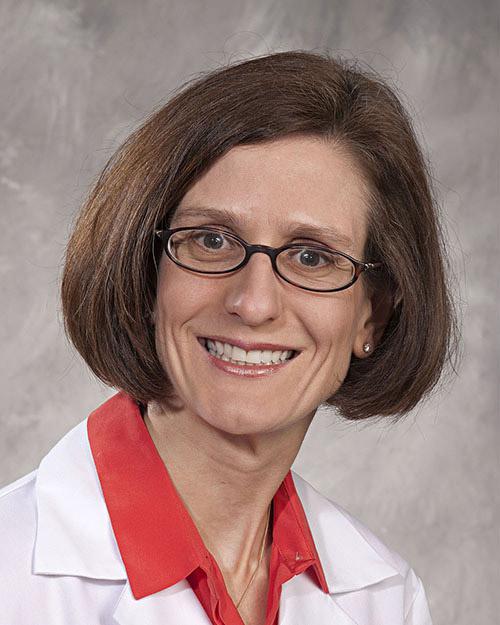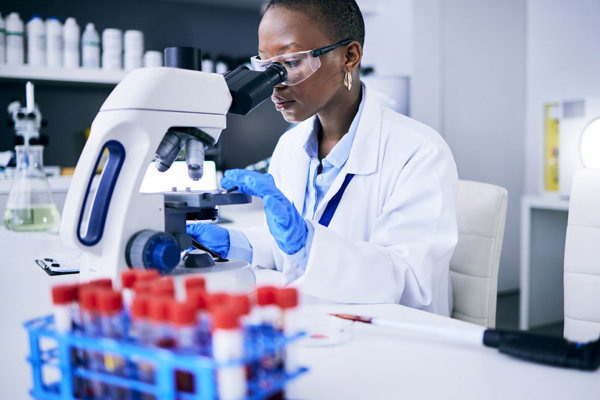What Causes Colon Cancer? Understanding Genetics and Risk Factors
March 24, 2022
This article was reviewed by our Baystate Health team to ensure medical accuracy.
 Mary-Alice Abbott, MD
View Profile
Mary-Alice Abbott, MD
View Profile

Health & Wellness Tips
Related Articles
-
Coping with Illness
![a Black woman doctor comforting a woman waiting for her breast cancer diagnosis]()
Understanding Breast Cancer Diagnosis: What to Expect
-
Coping with Illness
![a woman checking her lymph nodes in her underarm]()
Comprehensive Guide to Lymph Node Removal for Breast Cancer
-
Coping with Illness
![a woman in a gray tshirt holding her left breast as if in pain]()
Does Breast Cancer Hurt? Exploring Breast Pain Types and Causes
-
Wellness & Prevention
![What are Different Types of Breast Cancer_ Plus Treatment Options]()
What are Different Types of Breast Cancer? Plus Treatment Options
-
Coping with Illness
![What Breast Doctors Wish You Knew Western MA]()
What Breast Specialists Want You to Know About Breast Cancer
-
Wellness & Prevention
![10 Breast Cancer Prevention Tips]()
Breast Cancer Prevention Myths and Facts from the Experts
-
Coping with Illness
![a doctor examining cells under a microscope]()
Precision Medicine in Breast Cancer: Improving Care Options
-
Wellness & Prevention
![When to Get a Flu Shot]()
When to Get a Flu Shot This Year: What Experts Recommend
-
Kids & Teens
![Woman caregiver reading book to smiling young girl.]()
How to Win the Bedtime Battle: How-To Guide for Caregivers
-
Wellness & Prevention
![a large lightning bolt striking from a dark sky during a severe thunderstorm]()
Storm Safety: Tips for Protecting Your Family and Home
Back to Top













